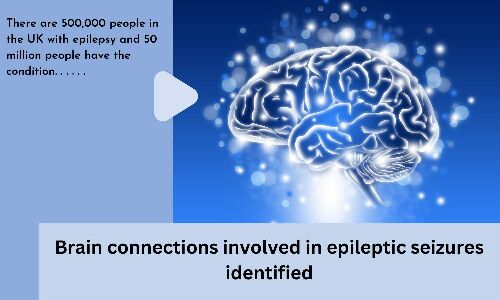Elevated gliosis index in brain after acute COVID-19 infection linked to depressive and or cognitive symptoms: JAMA
Canada: A case-control study revealed higher translocator protein distribution volume (TSPO VT), an index of gliosis, in COVID-DC (COVID-19 with persistent depressive and cognitive symptoms) patients. The study, published in JAMA Psychiatry, showed elevation of TSPO VT in 20 patients with persistent depressive and cognitive symptoms after initially mild to moderate COVID-19 infection, compared with […] More












